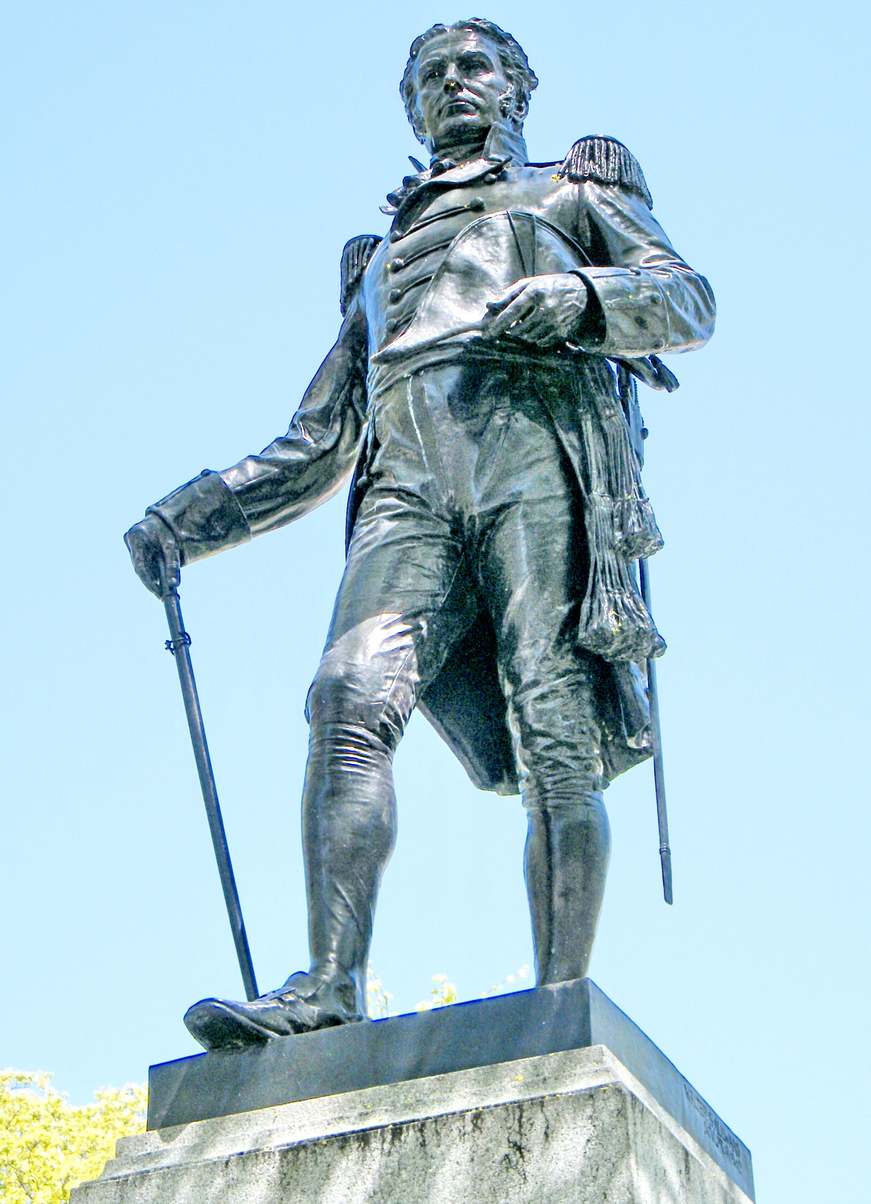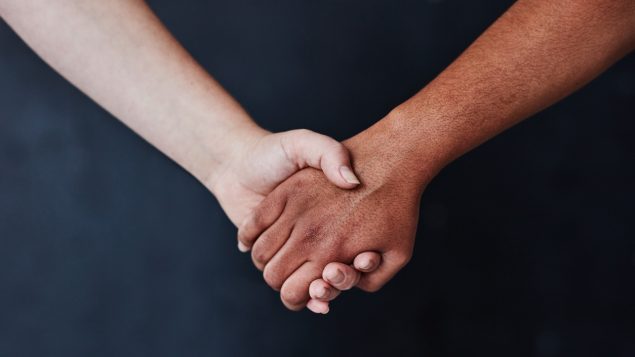Canadian members of Parliament have voted unanimously to declare August 1st as Emancipation Day marking the 1833 abolition of slavery in the British Empire, of which Canada was a part. British efforts to colonize North America began in the sixteenth century.
While Canadians may prefer to remember Canada’s important role in the eventual abolition of slavery, it was no stranger to slavery in its early days. In the early 17th century, colonizers enslaved Indigenous people, buying, selling, trading and inheriting them. Some French colonists bought enslaved Black people and there were at least 1,443 of them in the years between the late 1600s and 1831. But owning slaves became widespread in colonial Canada and involved all levels of society. It fulfilled a need for cheap labour to fuel economic enterprise but it was also seen as part of an individual’s personal wealth.

The statue of abolitionist Lieutenant-Colonel John Graves Simcoe stands outside the province of Ontario legislature in Toronto. (iStock)
Governor pressed for the abolition of slavery
In March 1793, John Graves Simcoe, the governor of Upper Canada (what is now the province of Ontario) learned that an enslaved woman was forcibly bound and dragged onto a boat to cross the Niagara River and be sold. He began to lobby against slavery and was able to pass a law banning the importation of enslaved African into Upper Canada in 1793. The law also guaranteed freedom for the children of enslaved Africans when they reached the age of 25, but it did not entirely abolish slavery. It was the first law of its kind in the British Empire. By 1883, the British Parliament passed its own law to end chattel slavery throughout its empire including in Canada and parts of the Caribbean. Canada continued to fight slavery by providing safe havens for thousands of Africans still enslaved in the United States.
Over the years, Canada has increasingly recognized ongoing discrimination against Black people in Canada and their contribution to society. It decided to officially celebrate Black people in 1995 by declaring February to be Black History Month.
The official recognition of August 1st as Emancipation Day comes at a time when the Black Lives Matter movement gained powerful momentum in both the United States and Canada. August 1st is already a civic holiday in most of Canada, sometimes called Family Day. Naming it Emancipation Day will provide another opportunity for the country to focus on Black Canadians, to mark the gains they have made and the ongoing challenges Canadian society faces to end discrimination and guarantee equality.







For reasons beyond our control, and for an undetermined period of time, our comment section is now closed. However, our social networks remain open to your contributions.